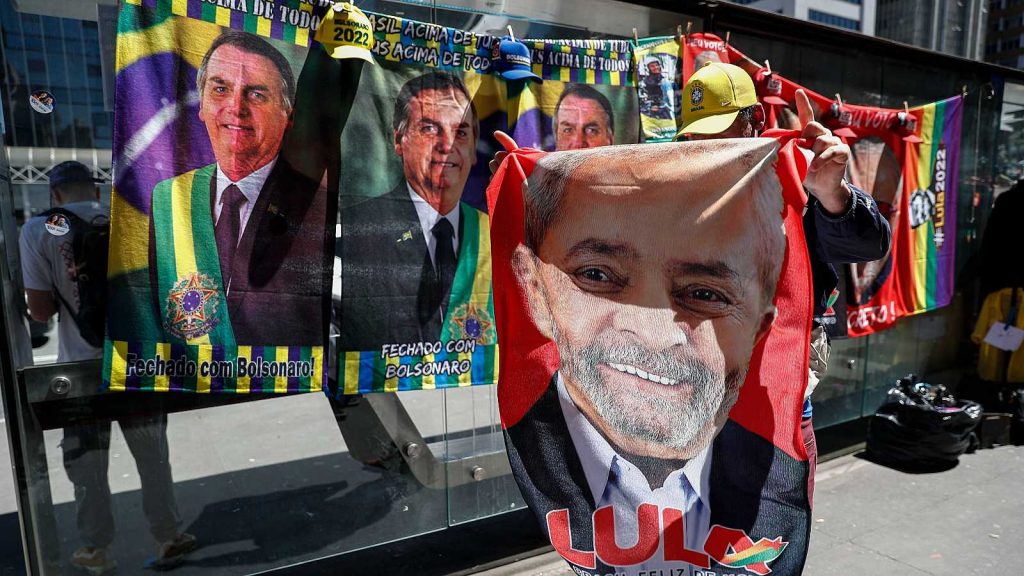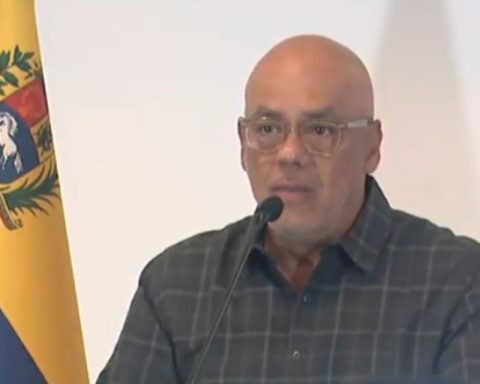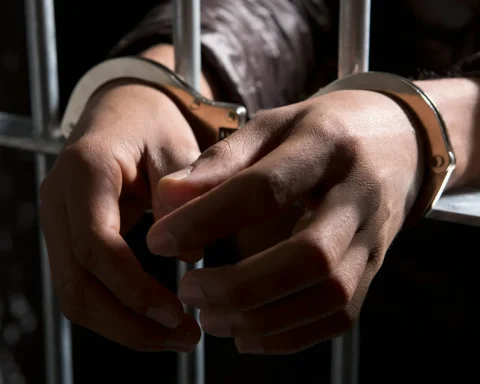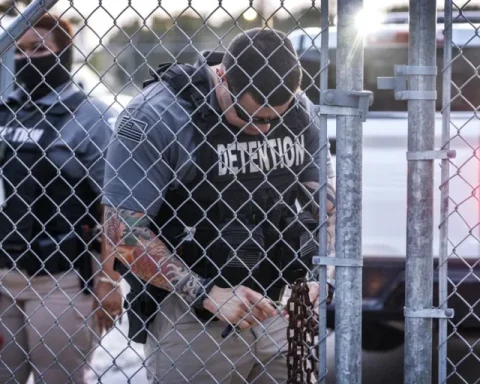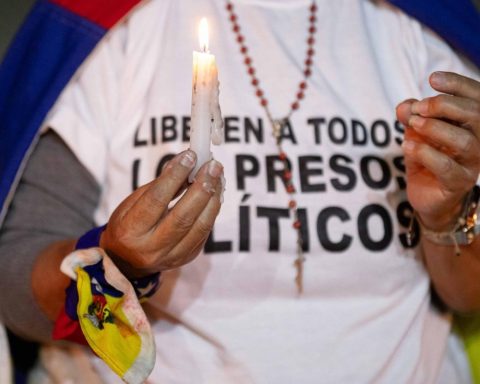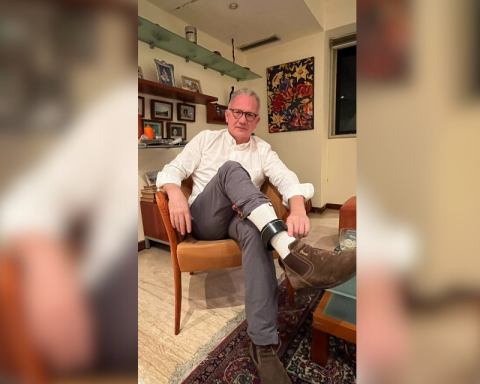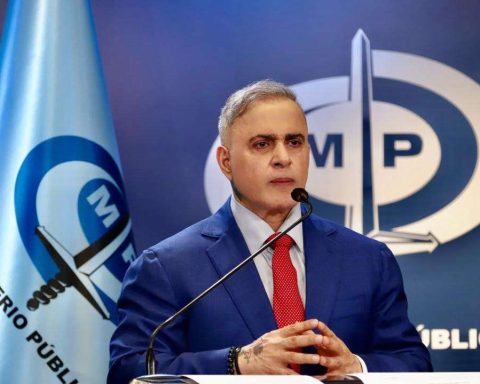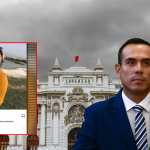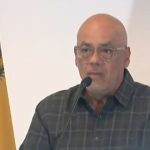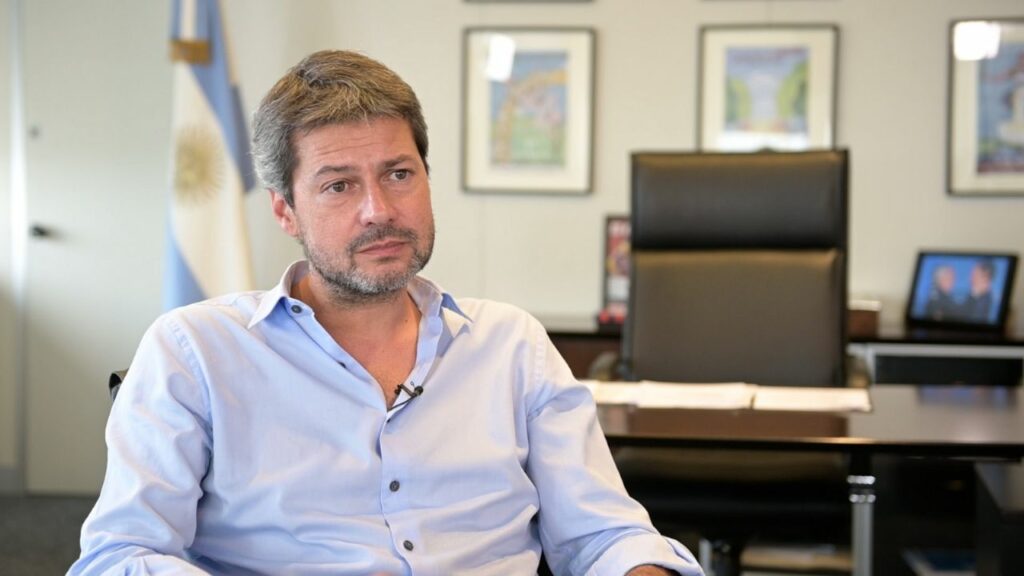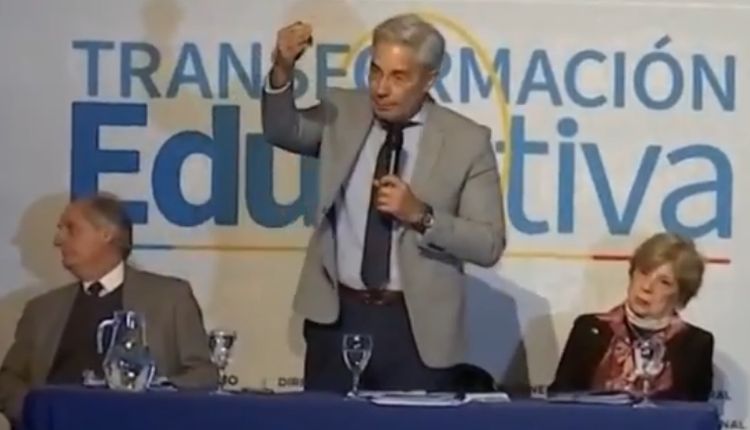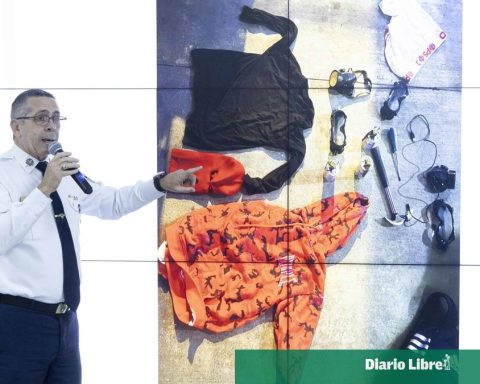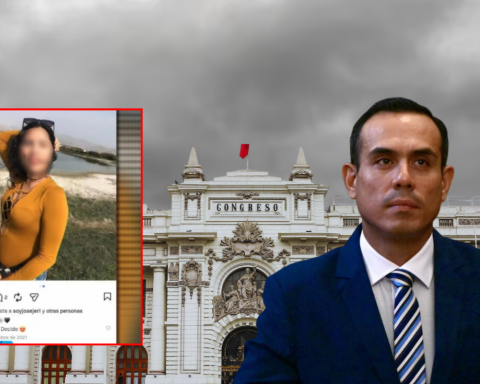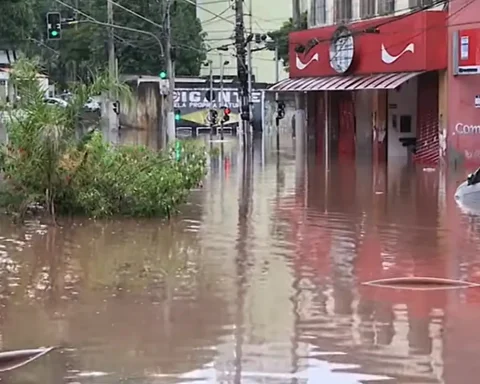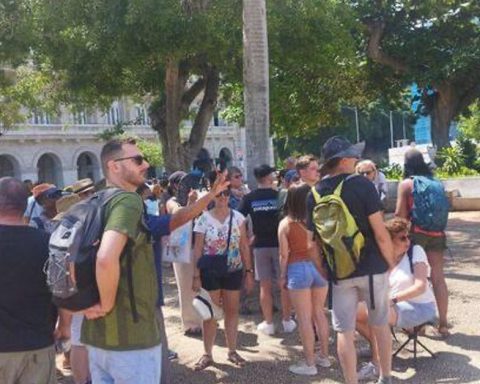
One of the largest democracies in the world does not have a new president and is placed in a dangerous pause for its stability. The democratic journey picked up back in the 1980s, traveling far ever since, despite the grueling, debilitating legacy of dictatorship. It has built a solid, resilient system with strong, innovative institutions and vibrant political parties. It strengthened brakes, fortified counterweights and promoted the independence of justice. He built a voting procedure that meets the highest standards, and in the process millions lifted themselves out of poverty, demonstrating that democracy can peacefully promote economic, political, and social change.
Today, more than ever, he needs that strength and resilience, as he grapples with what the American anti-communism journalist, historian and writer Anne Applebaum calls: the seductive allure of authoritarianism.
Political polarization, in the context of attacks on democracy, makes this election unique and important. Anti-democratic moves are familiar, as are attempts to undermine the legitimacy and integrity of the voting system, with refusals to accept results; deliberate dissemination of manipulated propaganda; attacks on judicial autonomy; attacks on freedom of the press and opinion, ad hominem assaults and threats against journalists; human rights violations; and an increase in maliciously instigated political violence. The risk of democratic erosion, pressure and blackmailing public order is not an illusion, it is very real.
The citizen’s decision to continue drawing a democratic course has no doubt or hesitation. Brazilians fight bravely against the challenges to democracy and rise up to protect, to preserve their institutions. Renowned artists, businessmen, jurists, athletes, in the company of civil society and millions, publicly state that democracy is in serious danger, and on October 30 they will present themselves to carry out their solemn democratic duty and operate the electoral colleges, because they understand that democratic permanence is key to well-being, economic prosperity and a better quality of life.
The international community, confused and goofy, has a special responsibility. It is obliged to show solidarity with the citizenry and its institutions, since the lack of respect for the integrity and institutional strength will have serious consequences, endangering the position and development. A democratic breakdown will be catastrophic for Brazil and the region.
Beyond the elections, it is essential that Brazilians find a way to activate, ignite civic engagement, regardless of electoral cycles. Safeguard a welcoming environment for a thriving, committed, pulsating civil society; strengthening institutional capacities to manage challenges and provocations of propagandistic disinformation.
Lula is not and will not be what he was. She got out of jail because they ignored him ―which is still a form of contempt―. For years he was a leader and example of the Latin American left until the corruption of the Brazilian consortium Odebrecht removed him from power to leave a student that he did not wear well. The end of the scandal was prison and the access of the right to power, with new expectations through a military man with impetus, former army captain retired with work and mistakes, Jair Bolsonaro, who dedicated himself to promoting the growth of that giant, with extensive Atlantic coast and endless Amazon jungle.
Changes are produced ―little by little― in Latin America where populism, criminals, drug traffickers, liars, weak people, confused young people, fraudsters and fraudsters, have fewer possibilities every day. The formidable opportunity of Bolsonaro, a strong candidate of evangelical Christians, gun owners and enormous support from the agricultural states of the West, is decisive. Lula, on the other hand, represents the decomposition, the illicit and the roguery of the infamous Group of Sao Paulo, he loses support and his past and image condemn him.
What is at stake? What’s on the to-do list? Both promise to increase public spending on the poor. And there their similarities end. The ex-convict clucks raising taxes on the rich, raising the minimum wage to keep up with inflation and fighting deforestation. And, whom some call the “Trump of the tropics”, plans to reduce taxes, defend the traditional family, opposes abortion, transgender education in schools, and defends mining and agricultural expansion.
The election comes as economic problems and corruption lead other Latin American countries to turn to the left. But going too far is unsettling, because it would drag the country into an even greater economic crisis (example: Venezuela), which means political anxiety.
@ArmandoMartini
